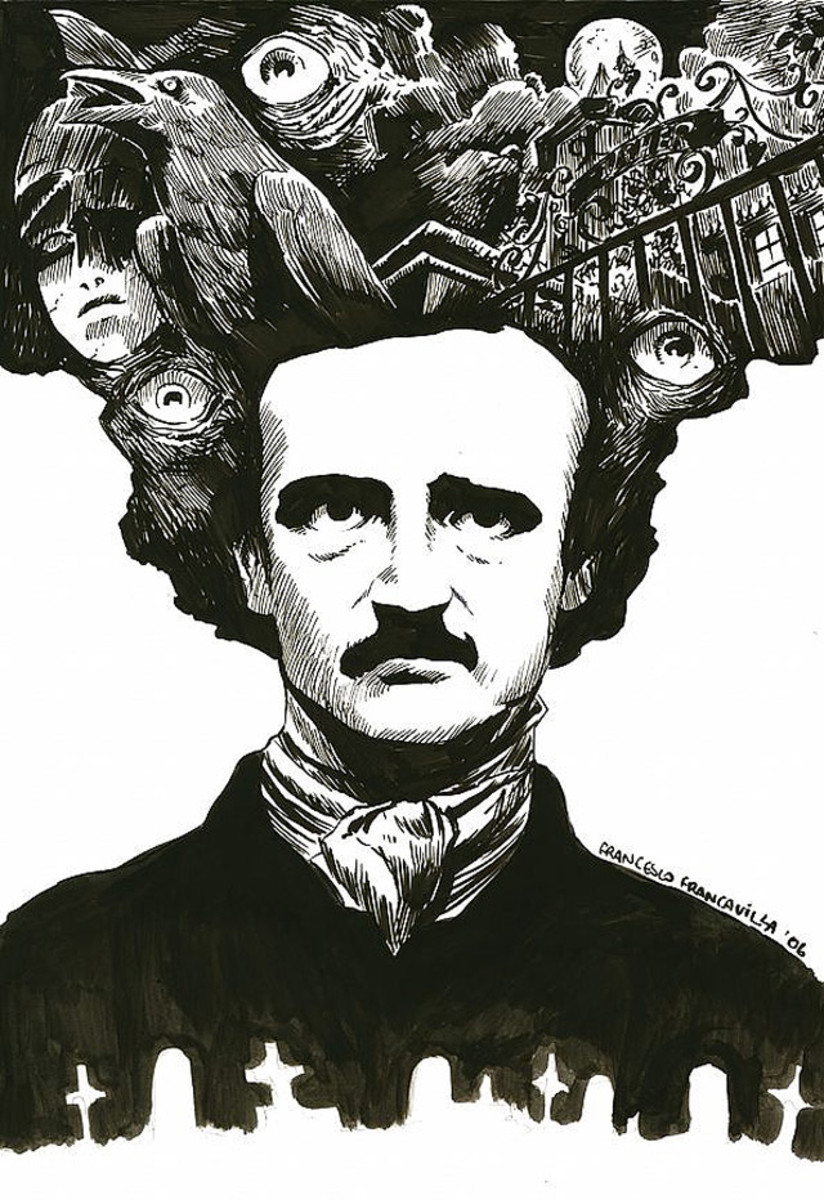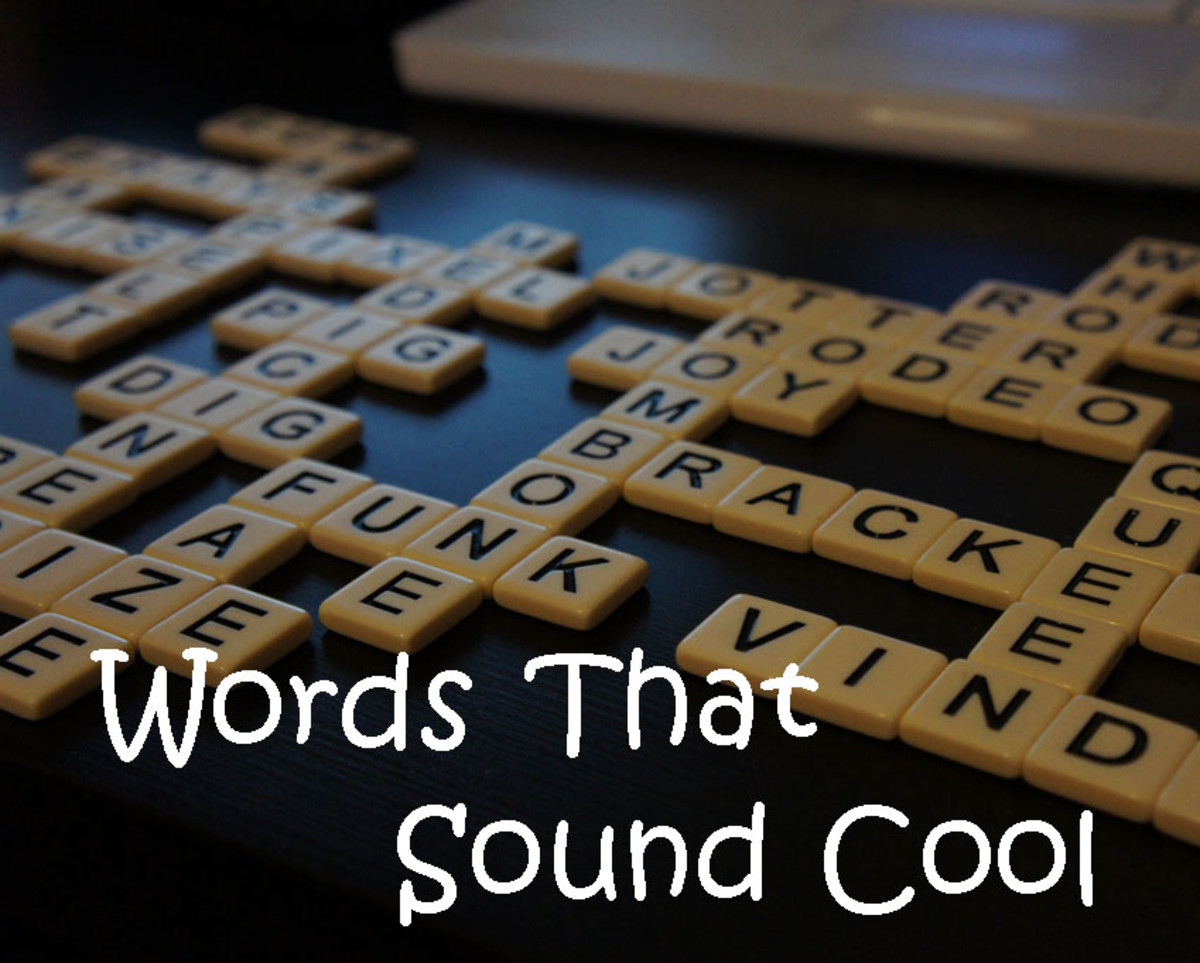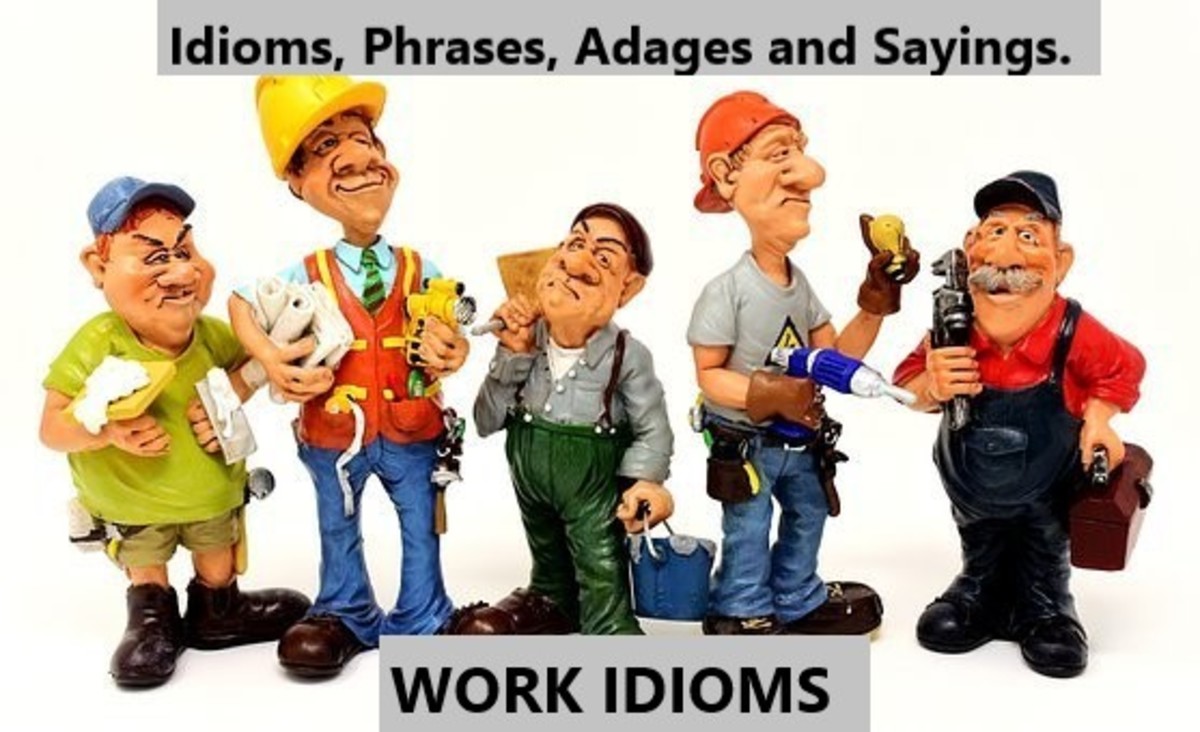Uses of Ambiguity in Literature

Let Me Tell You a Story
Once upon a time, there was a girl named Anne Shirley. She grew up on Prince Edward Island, and had a wicked temper. One day at school, one of her classmates was teasing her. This made her very upset. She took her writing slate, walked over to the classmate, and hit the slate over her classmate's head. It cracked. Anne was told to stand in front of the class until the end of the school day.
About the Story
This story is not mine. It was written by L. M. Montgomery in the 15th chapter of Anne of Green Gables. I just nicked it. (Thank goodness for public domain.)
Now that I've explained the story's origin, let me ask you a question: What did Anne Shirley crack? Did she crack the head, or did she crack the slate?
The answer, thankfully, is that she cracked her slate. Why do I bring this up? Because some of you may have thought the head was cracked. The story is ambiguous. It's the ambiguity that I want to talk about today.
Linguist Tom Scott Explains Ambiguity
Garden Path Sentences
- The author write the novel was likely a best-seller.
- I know the words to that song about the queen don't rhyme.
- The old man the boat.
- The man whistling tunes pianos.
- The complex houses single and married soldiers and their families.
Walking up the Garden Path
Some linguists like finding sentences that are ambiguous. Some times ambiguities can be fixed with context, but other ones are still open to interpretation. These are called "Garden Path Sentences" because of the slang term "lead up the garden path", which means "to be mislead". Garden path sentences are usually unique novelties with no practical real world utility.
Garden path sentences rely on the fact that some English words can be multiple parts of speech. "Lay" can be a verb or a noun. Its location in a sentence determines if we think it's a noun or a verb. If we categorize is as a verb, but something else in the sentence indicates that is incorrect, we have to go back to reinterpret them. See how many garden path sentences you can reinterpret into something logical.
Buffalo Buffalo... Wait, What?
Perhaps you have seen this sentence before: "Buffalo buffalo Buffalo buffalo buffalo buffalo Buffalo buffalo". It is a grammatically correct sentence in English. It is also entirely useless for conveying information. The sentence relies on slang terms and convenient place names. Rewriting the sentence to be understandable creates the sentence "Buffalo bother buffalo from Buffalo, New York that bother buffalo from Buffalo, Victoria." The line of "buffalos" are nothing more than a lexical joke.
The "buffalo" sentence is an extension of the ambiguity in a garden path sentence. The difference with the buffalo sentence is that the sentence has more ambiguities. There is almost nothing on which to base an interpretation.

Ambiguity in the News
Headlines tend to use as few words as possible. This leaves them wide open to ambiguities. Sometimes the ambiguities are amusing, but other times they cause panic.
Funny headlines are often faked, but every once in a while a real one slips through an editor's fingers. The BBC released an article with the headline "Hicks to Return Home 'this Year'" on February 18, 2007. Hicks refers to David Hicks, not people living in the backwoods.
More serious mistakes can also occur. The Associated Press posted the headline "Dutch military plane carrying bodies from Malaysia Airlines Flight 17 crash lands in Eindhoven." on Twitter. They meant the plane carrying bodies from the crash had landed in Eindhoven. Their correction was posted soon after the ambiguous tweet was released. The ambiguity combined with the real crash spread across the internet quickly, and one journalist must have gotten an embarrassing memo about the mistake.
Being Drunk
In the Hitchhiker's Guide to the Galaxy, it is stated that using a particular device is like being drunk. "So it makes you dizzy and slur your words," you may be thinking. "That's no big deal."
You'd be mistaken. The trouble with being drunk can be discovered as soon as ask a glass of water.
Could Arthur C. Clarke have just said "this machine kills you in a very slow manner?" Certainly. The ambiguous phrase is more fun.

Ambiguity
As you can see, ambiguity can pop up almost anywhere. The next time you're proofreading something, look for ambiguous phrases. Get someone else to check it. They could find ambiguities you missed. If you don't catch them, your work could be the joke to a punchline.
Are there any great cases of ambiguity you know? Please tell me in the comments.





